News
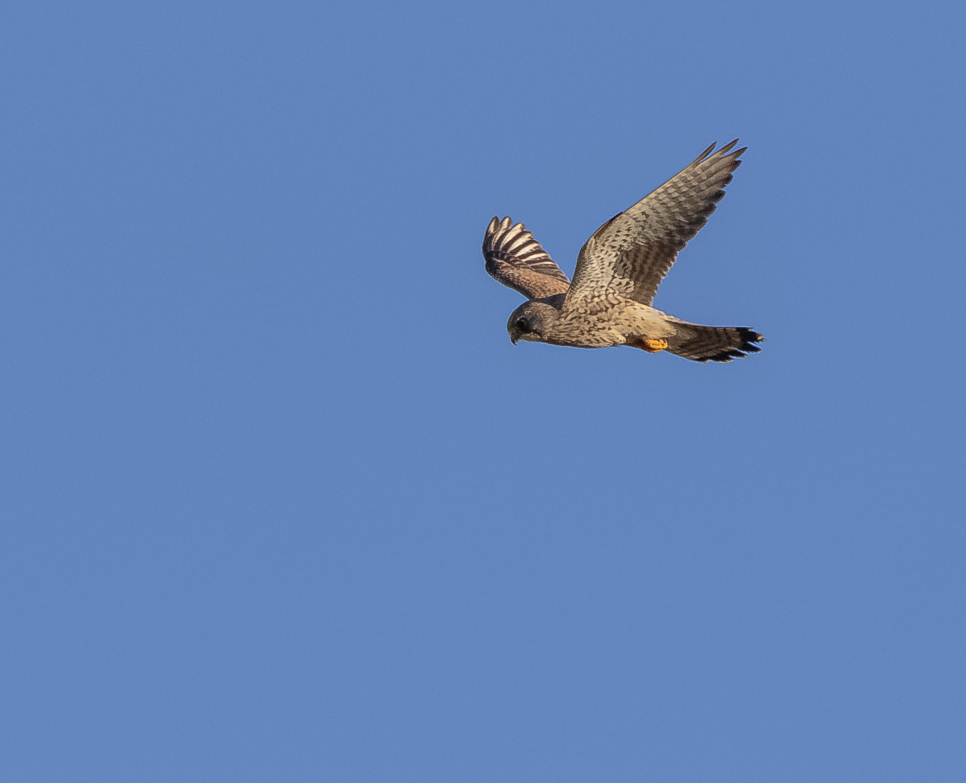
Wetland Word of the Week 15
For our 15th installment of wetland word of the week, we have chosen... ...flocht, a Scots word meaning 'bird on the wing'. It is related to another word, flochter, which means to allow yourself to feel joy freely, perhaps as a bird does while flying.
10 June 2024

The 2024 tree sparrow season so far
Tree sparrows are a farmland bird and a focal species for us here at WWT Caerlaverock. Their numbers have declined over the last few decades due to the intensification of farming causing them to become a red listed species. They lack the sexual dimorphism
7 June 2024
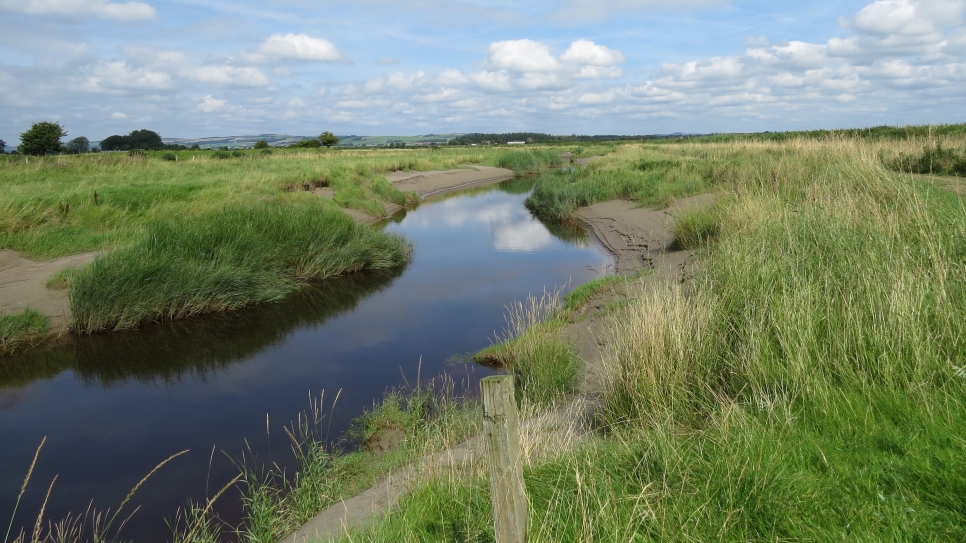
Wetland Word of the Week 14
The wetland word this week is... ... burn. Up here in south west Scotland, this is what we call a small river or large stream.! It's also used in north east England, parts of Ulster, Kansas, Australia and New Zealand. Feature image by Shannon Clifford
3 June 2024

How we survey natterjack toads
We welcomed Amphibian and Reptile Conservation to lead some natterjack toad survey training at WWT Caerlaverock in May. At the training session, we were introduced to the species ecology and identification, methods of surveying and the importance of co
1 June 2024
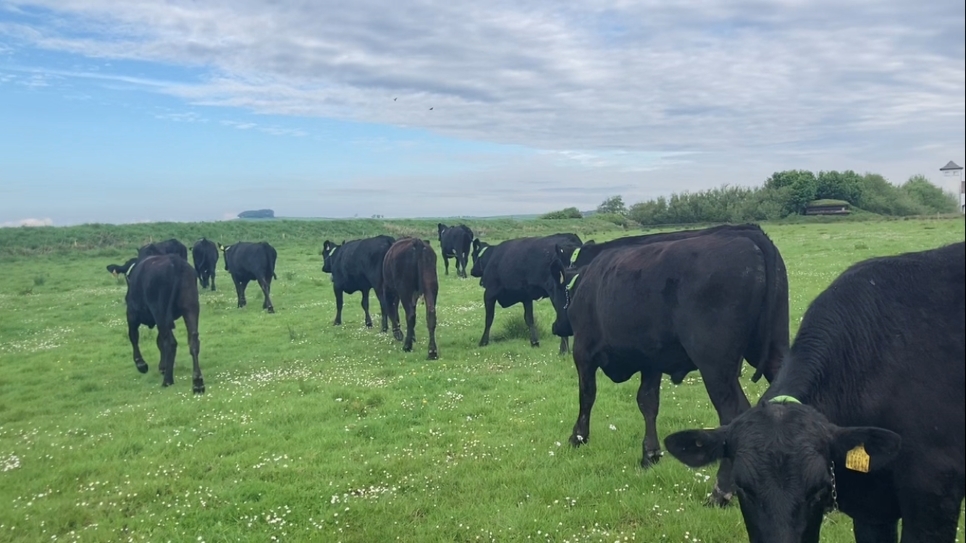
Who needs fences? Wilder, Wetter Caerlaverock Diaries no.3
As a part of The Wilder, Wetter Caerlaverock Project (supported by the Scottish Government’s Nature Restoration Fund, managed by NatureScot), we have an exciting opportunity this summer to use Nofence collars on some of the cattle grazing on the reserve
29 May 2024

Wetland Word of the Week 13
This week, our wetland word is...... natterjack, our favourite kind of toad. They are identified by the distinctive yellow stripe going along their back and have a croaking mating call that you can hear through the spring months. Natterjack toads are a pa
27 May 2024
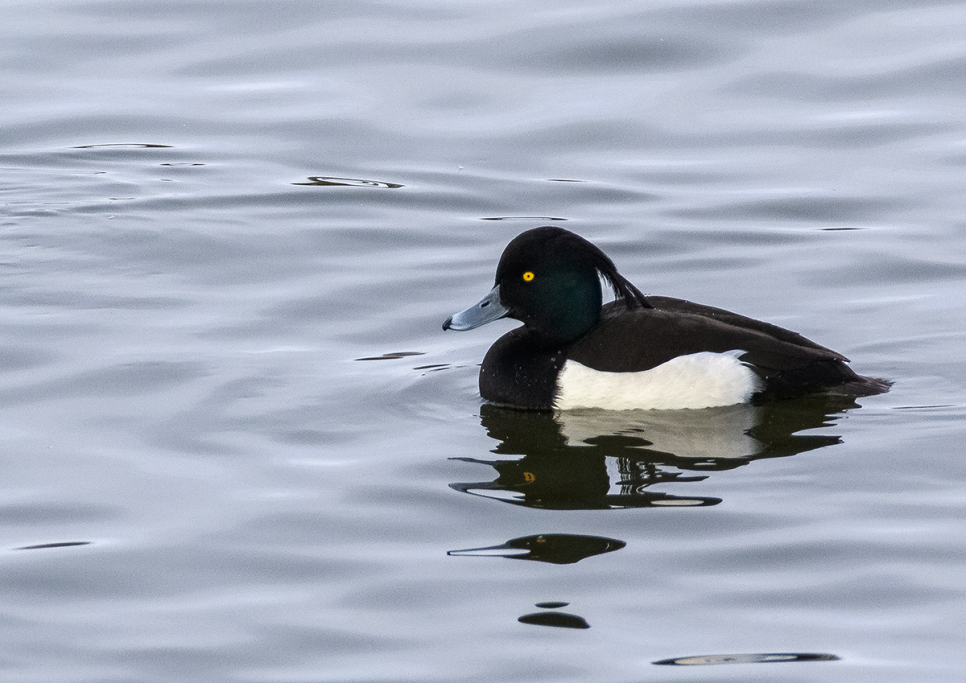
The rain isn't deterring the wildlife
After some lovely sunny weather, it has become rainy at Caerlaverock again. The wildlife hasn’t been discouraged though. Around the Peter Scott Trail, tree sparrows, goldfinch and greenfinch have been seen on the feeders. In the foliage, the first br
25 May 2024
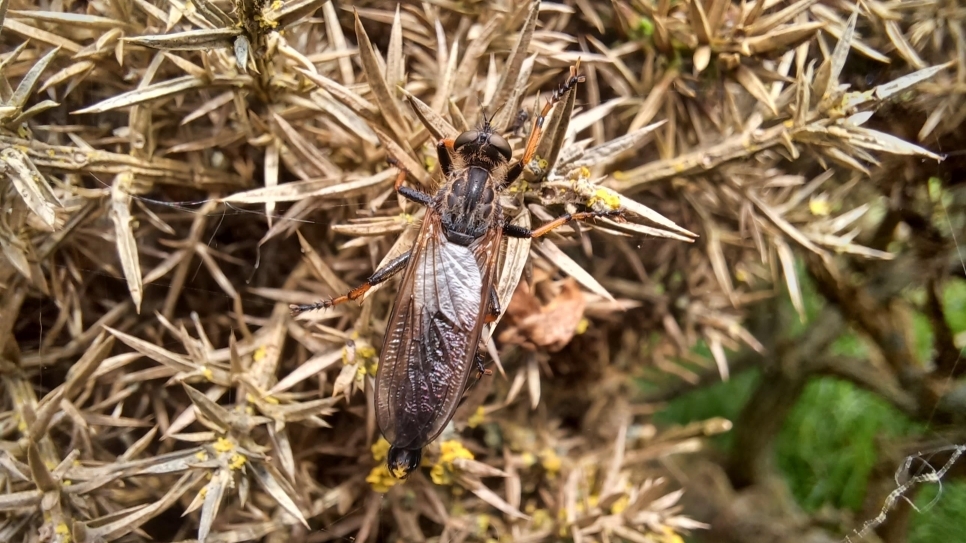
Enjoying gorse close up... carefully
Gorse is a plant that we have a bit of a mixed relationship with on the reserve. Sometimes there is too much of it - it spreads and covers lots of other plants so we work hard to clear it in some places. It is unbelievably prickly and each prickle that pi
23 May 2024

Wetland Word of the Week 12
Our wetland word of the week is... ... Solway. This is the firth that our reserve is situated on. It forms the border between Scotland and England on the west coast. It stretches from the Mull of Galloway in the north to just south of Whitehaven. There ar
20 May 2024
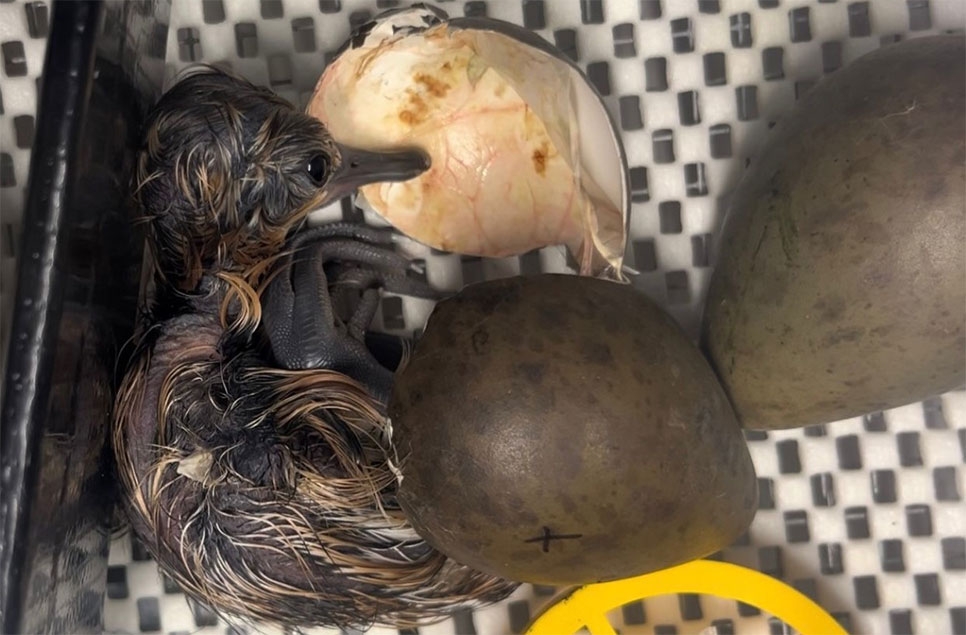
Black-tailed Godwit chicks mark start of world-first captive breeding project
The eggs will boost critically low numbers of the UK’s breeding Black-tailed Godwit.
15 May 2024

Welcome to the flock!
Hi, everyone. My name is Charlie and I’m proud to be the new reserve warden at WWT Caerlaverock!My journey into conservation began five years ago back in Northern Ireland when I decided to change career because I wanted to make positive environmental ch
14 May 2024

His Majesty the King to remain patron of WWT
His Majesty the King has retained his patronage of WWT, the charity for wetlands and wildlife, following his coronation. The Royal Household opted to conduct a review of the King's patronages following his royal highness' accession, and we are very hap
13 May 2024

Wetland Word of the Week 11
The wetland words this week is...... mavis. In Southwest Scotland, mavis refers to a mistle thrush while in other areas it is used for a song thrush. So what is a song thrush called here? A throstle - two wetland words for the price of one this week!Our f
13 May 2024

Dragonflies galore
With summer approaching, invertebrates are becoming more abundant on the reserve each day. A particular group of invertebrates that I’m excited to see is Ordonata (the team here may even say that I’m a bit obsessed!) which is made up dragonflies and d
8 May 2024
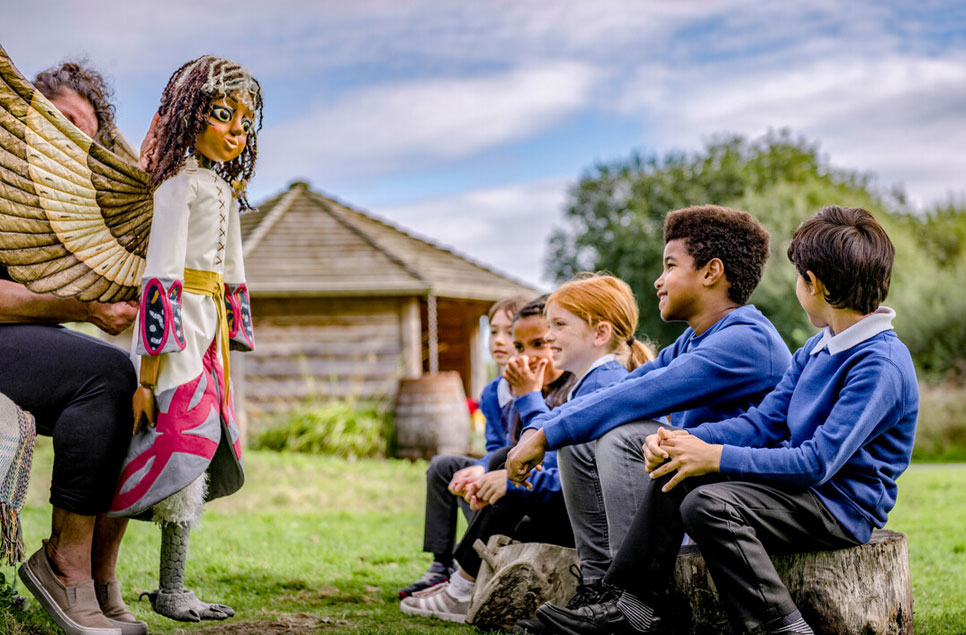
100,000 nature activities completed by primary school children
Through Generation Wild, a project spearheaded by WWT, the charity for wetlands and wildlife, 100,000 nature activities have been completed by children who traditionally have fewer opportunities to make meaningful connections with nature. Over 35,000 c
7 May 2024